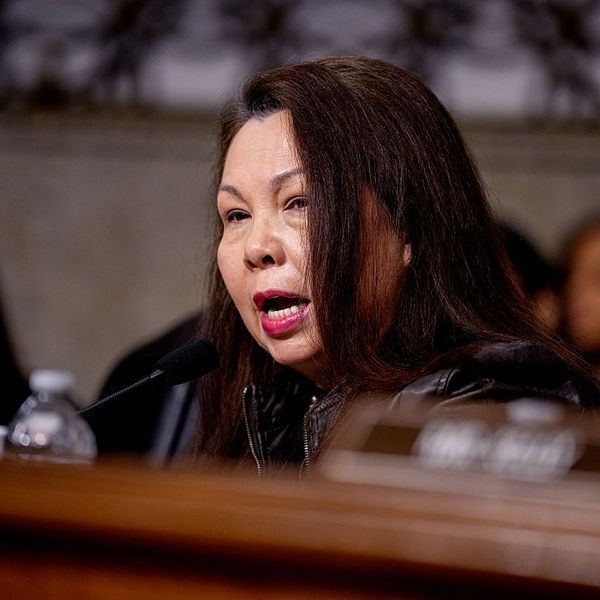The revival of civil war in Iraq is not about ancient sectarian hatreds - that is what the Islamic State in Iraq and the Levant - Isis - wants you to think. It is a hardcore ideological group exploiting the political disaffection of one community to stoke sectarian war. Iraq's broken political system and the failure of its political elite to prioritise reconciliation over personal gain has led to a collapse of faith in the political system, leaving Iraq vulnerable to this sectarian propaganda. But if the Iraqi government buys the Isis narrative and treats Sunnis as implacable opponents of Shias, Isis will have succeeded in stoking the civil war it has so desired.
Ever since the formation of Iraq as a nation-state by European powers, it has been easy to dismiss it as an artificial country that was bound to fail. A Sunni elite was installed to govern over a majority Shia population and a restive Kurdish community that had fought and lost the battle for independence. But throughout Iraqi history, the importance of identity has waxed and waned according to changing political realities.
At times, when Iraq's political battle lines divided communists from nationalists, and nationalists from Ba'athists, identity seemed incidental and even passe. Many Iraqis grew up in households where it was rude to refer to people's sectarian identity, and where intermarriage created large families of mixed religious practice.
However, at other times, when the presence of distinct ethnic and religious groups was seen as posing a threat to the political establishment, identity became more important. During the Iran-Iraq war, the Ba'athist government feared that Iraqi Shias would sympathise with their co-religionists in Iran and unleashed waves of repression against them.
When coalition forces stormed Iraq in 2003 they found a society devastated by decades of war, deprivation and brutal Ba'athist rule. The war itself deeply divided Iraqi society, pitting those who saw it as Iraq's salvation against others who decried it as a neocolonial invasion.
Read the full article at The Guardian


